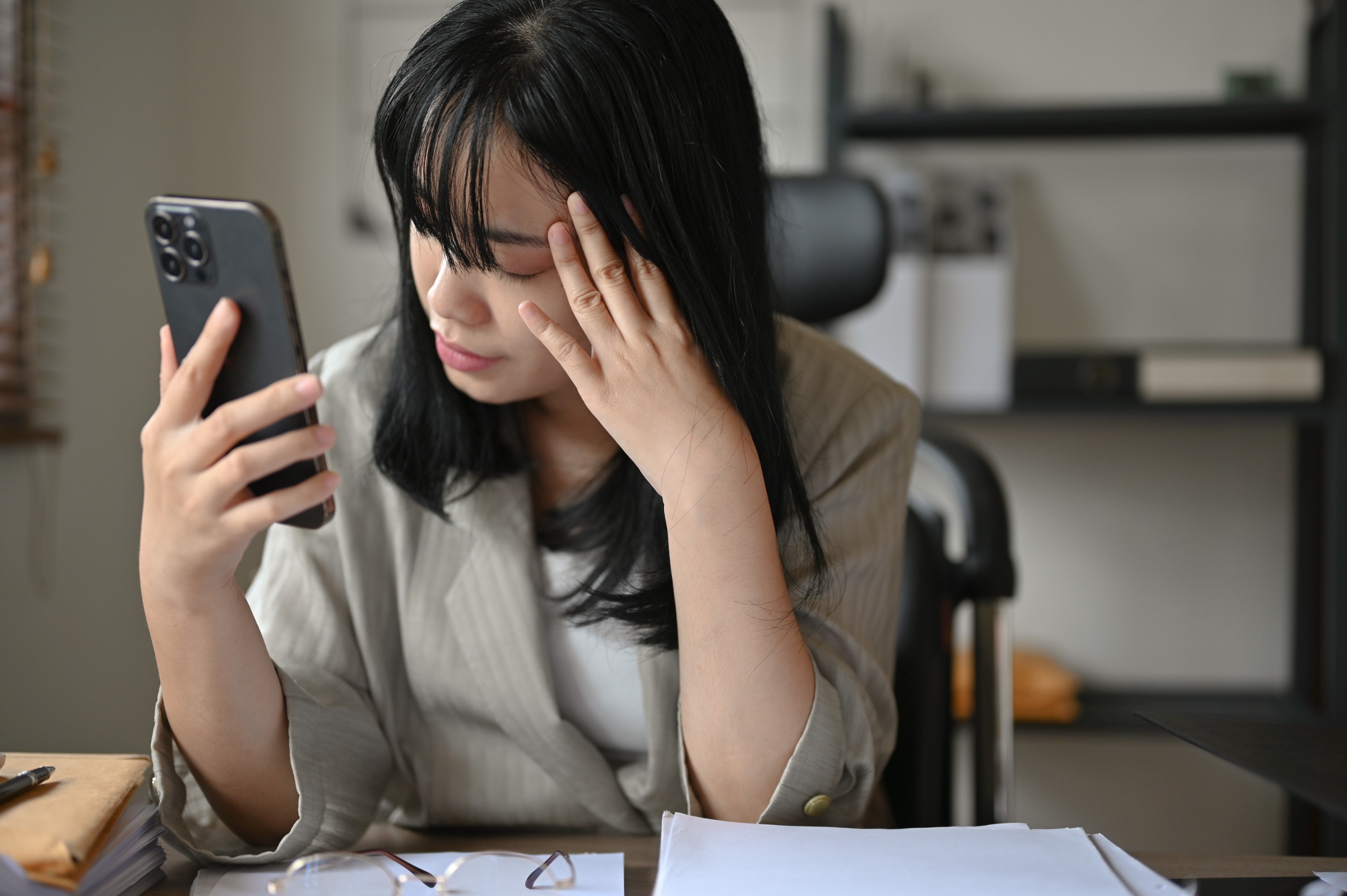Election seasons are known to be tense, but this year stress levels are at another level. We are finding this election season extremely arduous; with all the drama and polarizing discourse, it’s no wonder why. The frenzied atmosphere surrounding this year’s election is causing worry that impacts our mental health, relationships, and daily lives. Election anxiety is a growing problem, particularly as political tensions deepen and intensify. Understanding the causes of this distinct type of stress and how to deal with it will help you navigate this election season with more serenity and stability.
What exactly is election anxiety?
Election anxiety, a term that has gained popularity in recent years, describes the increased tension that many people experience during political campaigns and voting times. The American Psychological Association (APA) stated that 52 percent of Americans felt “significant stress” during the 2016 presidential election. This figure rose to 56 percent before the 2020 election. Social media discussions and news cycles compound this stress, resulting in a pervasive sense of unease about the future.
What causes election anxiety?
Election anxiety arises from a variety of reasons. Recognizing these triggers is the first step toward effectively managing them.
Media overload
We live in an era of continual information flow. News updates, social media, and 24-hour news cycles may easily overwhelm us, particularly during election season. This media overload can lead to feelings of exhaustion, helplessness, frustration, and anger.
Polarization
Today’s society is extremely polarized. Political debates are more acrimonious than ever, perpetuating an “us vs. them” attitude. This divisiveness can intensify concerns about election results, making the political situation even more unsettling.
Uncertainty and loss of control
Elections can feel like watershed moments, with the future hanging in the balance. This sense of high stakes and lack of control can be disconcerting, increasing anxiety.
Signs of election anxiety
Recognizing the signs of election anxiety can help you take preventative measures to manage it. Common signs include:
- Excessive worrying
- Difficulty sleeping
- Feeling agitated or on edge
- Doom scrolling
- Feeling hopeless about the future
- Physical symptoms like stomach issues, headaches, and muscle tension
- Changes in appetite
- Mood swings
- Unexplained or misdirected anger
How to cope with election anxiety
While you can’t stop election season in its tracks, you can reduce the tension it generates. Here are a few tips that will help you deal with election anxiety:
Limit your media consumption
Reducing media exposure is critical. It’s easy to become engrossed in endless scrolling, but setting boundaries can greatly reduce anxiety. Try these tips:
- Designate certain hours for checking news and social media.
- Use phone features to control app usage.
- Consume news sources that are balanced and credible.
Engage in positive activities
Positive interactions can shift your focus and boost your mood. Volunteer for causes you care about, go outside, spend time with loved ones, or engage in creative hobbies such as painting or writing. Research shows that positive thinking and rewarding hobbies can significantly decrease anxiety.
Remain informed in healthy ways
It is important to be informed without overloading yourself. Set time limits for reading news, vary your sources, and participate in healthy, constructive discussions. To avoid misinformation, think critically and double-check your facts.
Focus on what you can control
Election results are beyond individual control, so concentrate on what you can influence. Participate in activities like voting, volunteering, and lobbying for causes. Set reasonable goals and direct your energy toward productive efforts.
Practice mindfulness and relaxation techniques
Mindfulness and relaxation exercises might help you control your anxiety. Meditation, yoga, writing, and deep breathing techniques can all help you feel more calm and peaceful. Mindfulness practice trains your brain to stay in the present moment, lowering your worries about the future.
Get professional help
If election anxiety becomes unbearable, there is no shame in seeking professional help; it’s a viable choice. Therapists can provide useful tools and strategies for anxiety management. Cognitive-behavioral therapy (CBT), self-help strategies, and, if necessary, medication can all be part of a successful treatment strategy.
Election anxiety is a serious and pervasive concern in today’s political environment. Understanding the reasons and recognizing the symptoms are essential in treating this stress. You may handle election seasons with a better sense of tranquility and resilience if you give these practical suggestions a go.
Today’s spotlight in our “Best Of” roundup turns to Politics. These top solutions from 2024 remind us of the power of policy and governance to drive meaningful change and foster a more just and equitable society.












